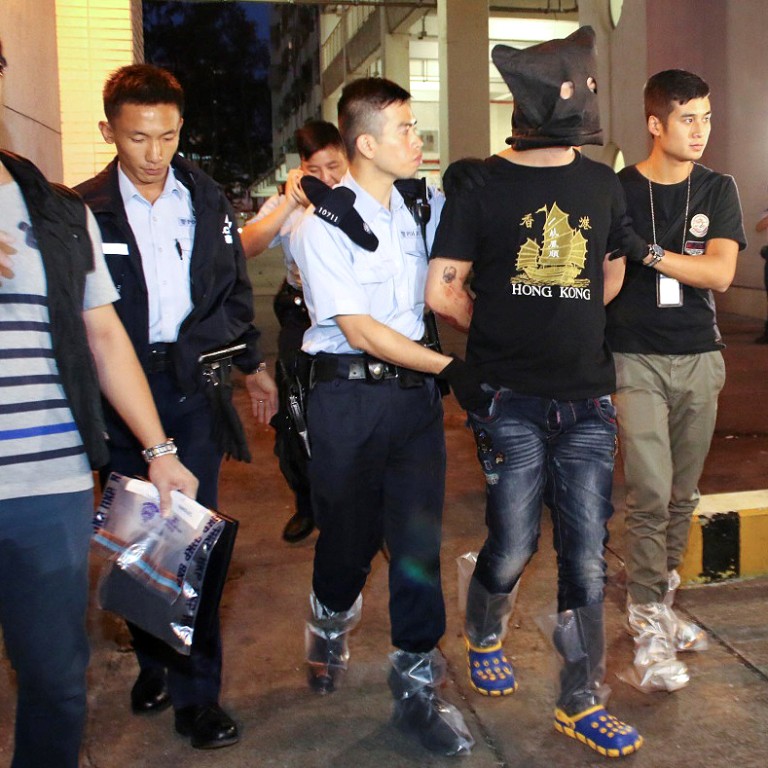
After two stabbing attacks in one day, Hong Kong cannot continue to ignore the mentally ill
Many social ills are often not brought to public attention until a tragedy has made the news headlines. The two brutal attacks involving mental patients on Monday are a case in point. We trust the incidents, which happened hours apart in two districts, have amplified the message that care for the mentally ill in Hong Kong is woefully inadequate.
In a random attack during morning rush hour, a 43-year-old man carrying two knives wounded two pedestrians in the Western district. Passers-by, including children, fled in terror as constables despatched from the police station across the street drew their guns and subdued him outside a train station.

Separately, an unemployed 39-year-old man allegedly stabbed his 67-year-old mother to death with a pair of scissors in a public housing flat in Sha Tin, after she had scolded him for returning home in the early hours.
The cases do not seem related. But both attackers are undergoing medical consultations. This inevitably raises questions over the adequacy of care and treatment for patients who may be mentally ill.
The suspect in Sha Tin was said to be in stable condition during his last two examinations in August and September. In the Western district case, the attacker had been just discharged from a psychiatric hospital last week and was due for another consultation the following day.
READ MORE: ‘People were fleeing in every direction’ after knifeman ‘with history of mental illness’ slashes two passers-by on Hong Kong street
The heavy caseload of patients needing psychiatric help has long been an issue of concern. Chronic manpower shortages and limited resources mean a typical consultation may only last a few minutes. It would not be surprising if patients do not get the necessary treatment.
Mental illness is an issue facing poor and rich societies alike. Thankfully, our affluence and advanced medical system have put us in a strong position to take on the challenge. If insufficient manpower is an issue, the government should not hesitate to employ more resources. Hopefully, it does not take another tragedy to give officials a wake-up call that more needs to be done.

